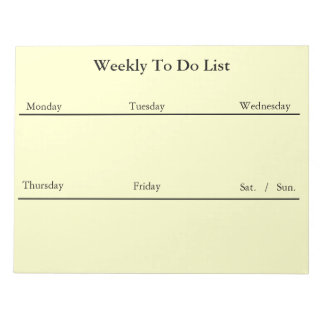What comes next? Time to prioritize.
1. Safety first.
If you've identified areas of concern, don't hesitate. The real possibility of dangerous medication interactions, or the chance of falls due to clutter, scatter rugs, icy steps, fire hazards -- these are just some of the items that need your immediate attention. Avoid conversations about every little change. Quietly take care of them without a big hoo-ha. Some might call for extra visits, or hiring a handy man, or asking a neighbor or church member for some help. Ask! Folks like being needed, and it may be the start of a friendship.
2. Get educated.
Now that you've taken care of the safety items, take a breath. It's time to get educated before you make any major decisions. If you suspect dementia of some form, learn about the symptoms and behaviors, and about what kinds of doctors and care aides will benefit your loved one most. Be careful about gorging on info -- too much can be as detrimental as too little. While it's important to look at the overall picture, focus on a few steps at a time.
To start, Steps & Stages™ is a customizable resource for caregivers of people with Alzheimer's and other dementias. Also, educate yourself about the senior/elder resources in your community. Go online or call your local Council on Aging or Elder Affairs. Not all lists are complete, so don't stop after the first contact. Attend a caregiver workshop or join an online support group where you can meet other caregivers as well as elder care community representatives.
3. Take time to make some appointments.
After you make a plan, decide what appointments need to be made. Talk to your loved one's general doctor and get him or her on board with your plan. It might be time for thorough checkup, including blood work. Vitamin D deficiency, anemia, and other conditions can easily go undiagnosed, but they can have big health impacts.
Don't stop with the doc appointments. Consider contacting several in-home care agencies. Most seniors can benefit from being checked on a couple of times a week for help with personal hygiene or home chores.
4. Create (or reconnect) with your care circle.
You've made a plan. Now it's time to get others on board. Don't begin to think you can do all this alone. Whether you live in the same house or across the country, there's more to do than one person can manage alone. Even if you could, your loved one needs more than just you. Your care circle might include a spiritual advisor, several doctors, home health aides, a financial advisor, a therapist or mediator, extended family, members -- and, most of all, good friends to listen, to vent, to laugh, and to cry with, for both you and your loved one.
5. Begin to consider the possibility of other living arrangements.
Your loved ones may insist on living alone, but you have to look ahead. Call often, visit more than you have in the past, and add some extra help, but realize there will come a day when all this is simply not enough.
What's Plan B? Will you move in with them? Will they move in with you? Is there another family member who might consider an alternate living arrangement? How much can you add to in-home care? It's wise to check out assisted living and full-care living arrangements.
Start making some calls, visit a few care homes, ask for recommendations, or check reviews online. Find what it takes to qualify and what the costs are before you have to make a decision of this magnitude at the last minute.
6. Be sure not to overwhelm yourself -- or your loved one -- with too many changes.
It's easy, after a distressing holiday visit, to want to fix things, and fast. But too fast can lead to hasty decisions, and it can backfire. Many elders see any change as a threat to their independence. Consider their needs and their fears. Pick your battles. One day you'll have to pull the "bad guy" card and make a tough decision, so save it for when it really matters.
7. Stay in closer contact.
There's such a thing as agreed denial, so both of you can continue with the status quo. That day is gone. As tough at it is, you'll have to rearrange parts of your life. This might be an opportunity to grow closer. Talk. Really talk. Most of us open up when we don't feel interrogated.
Even if you don't live in the same town, you may have to spend more long weekends together, so be sure to squeeze in a little fun.
Stay close to your care circle as well. They can be your eyes when you can't be there. Ask how visits went, but also show your appreciation and make it all about being a team. Your helpers will feel great when they know they're needed and appreciated.
One more thing: While it's important to get things done, it's probably going to take twice or three times as long as you think it should. Be flexible. Caregiving isn't about fixing every little thing -- you just can't. Just when you feel on top of things, something else wonky happens. That's life!
 Dementia Signage for the Home
Dementia Signage for the Home
______________________________
Dementia Signage for the Home
$22.75 - EZ-C Bright Green 3 Ring Binder






No comments:
Post a Comment